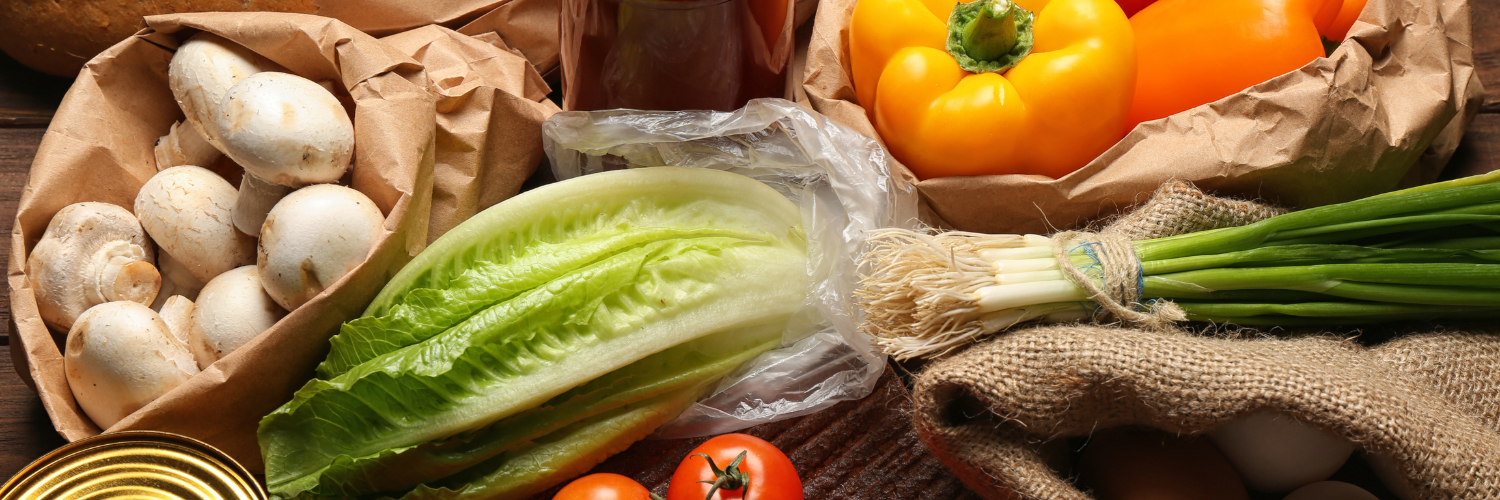

Can we change the current agri-food system?
Food production generates one-third of global greenhouse gas emissions, yet it is insufficient for millions of people suffering from food insecurity. Some studies advocate for a shift towards a more sustainable system, focusing on both human and environmental well-being.
A report by the World Economic Forum’s New Frontiers in Nutrition community, in collaboration with Accenture, calls for a significant shift in strategy to transform the global food system based on human and planetary health. A pathway to a sustainable food system that would enable people to lead happier, healthier and more productive lives.
It is an initiative that integrates the public, private and community sectors, focusing on increasing the availability, access, and uptake of nutritious food choices, while keeping sustainability goals in mind. It underlines the need for cross-sectoral collaboration to transform food systems and policies with the ultimate goal of achieving a more equitable and sustainable food landscape with improved global health outcomes.
The initiative details the steps to follow for healthier diets, with an emphasis on nutrient-rich, minimally processed and predominantly plant-based foods. Key suggestions include encouraging the production of organic foods that are affordable and accessible, while strengthening the link between food and health in consumer awareness.
It also advocates for facilitating a retail environment that makes nutritious choices the default option. Although most indicators of inadequate diets affecting the most vulnerable sectors of society focus on malnutrition, malnutrition is also defined by a lack of vitamins, minerals, fibre, and other key micronutrients.
An economic opportunity in transforming food systems
The World Economic Forum’s findings are in line with another global report by leading economists and scientists at the Food System Economics Commission (FSEC), which finds that existing food systems destroy more value than they create, especially because of environmental and health costs.
A poor diet is also linked to an increased risk of common mental illnesses. Depression alone costs the global economy $1 trillion per year in lost labour productivity.
In this context, a study by the Food and Agriculture Organisation of the United Nations (FAO) estimates that the hidden environmental, social and health costs of current agri-food systems amounted to an additional 11 trillion euros in 2020.
In this sense, shifting to a more sustainable global food system could generate up to 7.9 trillion euros of benefits per year, as well as improving our health and alleviating the climate crisis. The cost of the transformation would therefore be far less than the potential dividends, providing a better life for hundreds of millions of people.
The study proposes to divert subsidies and tax incentives from large-scale monocultures that are destructive and dependent on fertilisers, pesticides and forest clearance, to small and medium-sized producers. At the very least, as an alternative to the current system that pushes farmers to run large, intensively industrialised farms.
However, the main challenge of a transition to this new agri-food model is the rising cost of food. A paradigm shift that requires not only consumer awareness but also taking into account the current economic situation, unless we want to see farmers’ protests turning into a globalised popular revolt.
11Onze is the community fintech of Catalonia. Open an account by downloading the super app El Canut for Android or iOS and join the revolution!
Leave a Reply
You must be logged in to post a comment.





Conscienciar, conscienciar, la ignorância ens mata. Gràcies.
Aquesta és la clau. Gràcies, Carme
ostres, molt interessant, gràcies!!
Celebrem que li trobis, Joan, i moltes gràcies pel teu comentari!!!